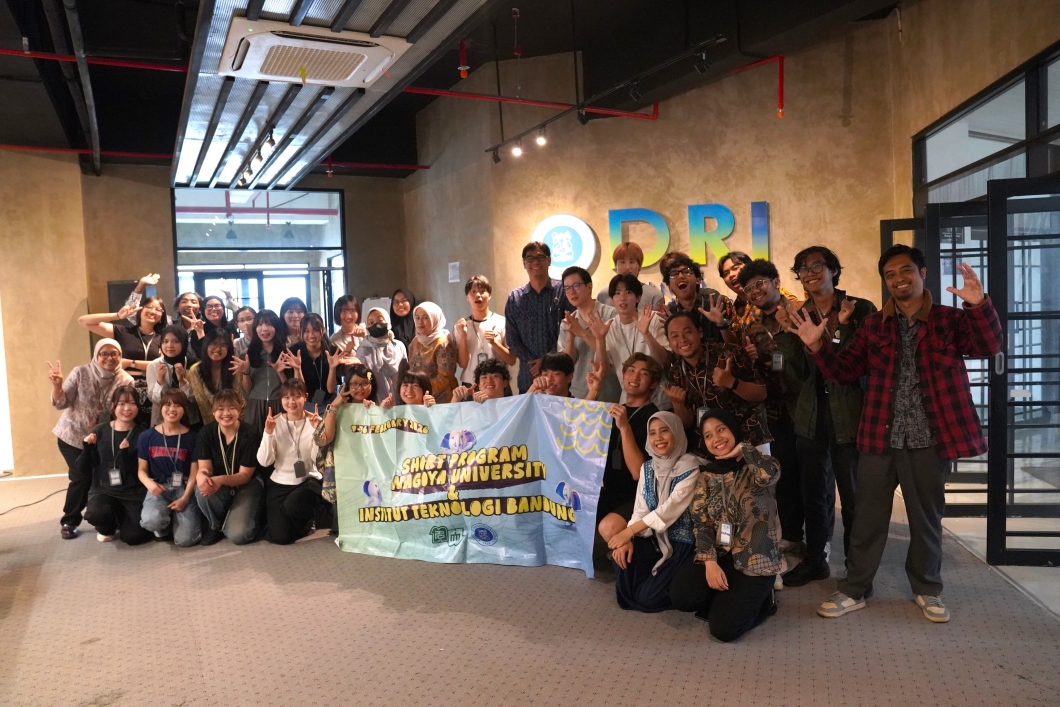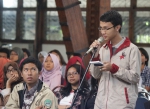Bioenergy Goes to Campus Chapter #15 at ITB: Getting to Know Biogas Development Implementation in Indonesia
By Anggun Nindita
Editor Anggun Nindita

BANDUNG, itb.ac.id – The Directorate General of Renewable Energy and Energy Conservation, Ministry of Energy and Mineral Resources, collaborated with the Indonesian Biogas Association (ABgI) to organize the Bioenergy Goes to Campus Chapter #15 seminar. The event was held at the Multipurpose Hall CRCS, Institut Teknologi Bandung (ITB), on Wednesday (30/08/2023).
With the theme “Biogas Development and Utilization”, the event aimed to discuss government policies in propelling biogas utilization, biogas research, and the implementation of biogas utilization in various projects in Indonesia.
One of the speakers was the 1st Vice Chairman of ABgI, Sakti Azhar Siregar. He presented information about the commercial-scale biogas development implementation in Indonesia. In his presentation, Sakti explained the background of the biogas industry in Indonesia. He noted that initially, people focused on meeting wastewater quality standards, especially regarding water quality. However, as time passed, the focus shifted to renewable energy, including biogas, starting in the early 2000s.
Sakti explained that biogas projects involving liquid waste have numerous benefits. "Apart from producing biogas as an energy resource, these projects can also meet wastewater quality standards and reduce environmental pollution," he said. Moreover, the application of an anaerobic system in wastewater processing can reduce the electricity required for aeration.
He emphasized the importance of a strong understanding of the feedstock or raw materials used in biogas projects. He explained that without a good understanding of feedstock characteristics, biogas projects are likely to fail.
"Therefore, a thorough understanding of wastewater processing and accurate data about feedstock is crucial when planning and operating biogas projects," he said.
The session also discussed the importance of the biogas conditioning process, which includes various processes such as biogas purification and the removal of H2S (hydrogen sulfide) and other particles.
Sakti highlighted the potential development of biomethanol as an alternative fuel derived from methane generated through biogas projects.Sakti's presentation provided valuable insights into the progress of the biogas industry in Indonesia. These projects not only contribute to the availability of renewable energy resources but also help address environmental issues, such as wastewater pollution and methane emissions. Hopefully, as biogas projects continue to develop, we can utilize this renewable energy potential effectively and sustainably.
Reporter: Hafsah Restu Nurul Annafi (Urban and Regional Planning, 2019)
Translator: Hanifa Juliana (Urban and Regional Planning, 2020)
Editor: Anggi Nurdiani (Manajemen, 2021)




.jpg)
.jpg)


